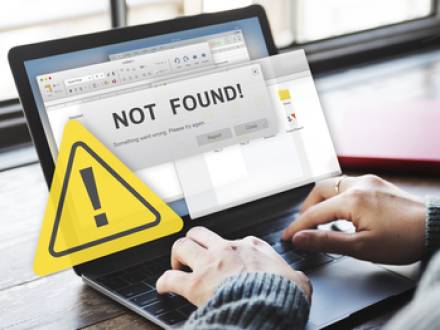What Is the Difference Between Expungement and Record Sealing in Illinois?
 Terms like "expungement" and "record sealing" are often used interchangeably, but they mean very different things. Both options can help you clear your name and make it easier to apply for jobs, housing, or education programs. If you are unsure where to begin, our experienced Elgin, IL expungement lawyer can explain the options and whether they apply to your situation.
Terms like "expungement" and "record sealing" are often used interchangeably, but they mean very different things. Both options can help you clear your name and make it easier to apply for jobs, housing, or education programs. If you are unsure where to begin, our experienced Elgin, IL expungement lawyer can explain the options and whether they apply to your situation.
What Is Criminal Record Expungement in Illinois?
Expungement means removing your criminal record completely. When a record is expunged, it is no longer available to the public or most law enforcement agencies. In other words, it is as if the arrest or charge never happened.
Expungement provides the cleanest slate possible, but it is only available under limited circumstances. Convictions, such as felonies or most misdemeanors, usually cannot be expunged. Offenses like DUI, domestic battery, or theft convictions stay on your record and are not eligible for expungement. Similarly, crimes involving violence, sex offenses, or driving on a suspended license cannot be erased.
There are limited exceptions. You may qualify if your case was dismissed, you were found not guilty, or you completed court supervision for an eligible offense. Certain lower-level cannabis convictions can be expunged under the Illinois Cannabis Regulation and Tax Act. Some cases that resulted in a sentence of court supervision or a qualified first offender probation can also be removed once the waiting period ends.
Under 20 ILCS 2630/5.2(b), you can file for expungement immediately if the arrest or charge resulted in an acquittal, dismissal, or release without charge. However, if you were convicted or placed under court supervision, you usually must wait three to five years after your case ends before submitting a request. This waiting period gives the court time to ensure you have completed all requirements and stayed out of trouble.
What Does It Mean to Seal a Criminal Record in Illinois?
Record sealing does not destroy the record. Instead, it hides it from most of the public, including employers, landlords, and credit agencies. Certain government agencies, like police and courts, can still see sealed records. Your record will likely be seen by potential employers if you apply for a job that involves law enforcement, healthcare, or childcare.
Many misdemeanors and some non-violent felony convictions can be sealed after the waiting period is completed and other requirements are met. This applies when the criminal record includes offenses such as retail theft, drug possession, or forgery.
Sealing is often the best option for people who have convictions but want to keep them private from most background checks. Even though the record still exists, it is no longer visible to most employers or the public.
How Do You Get Your Record Expunged or Sealed in Illinois?
The process involves several steps, and missing one can delay your results. To begin, you must obtain your criminal history from the Illinois State Police. Then, you need to file a Petition to Expunge or Seal Criminal Records in the county where the arrest or case occurred. The State’s Attorney and law enforcement agencies are notified and given a chance to object. In some cases, a hearing may be scheduled before a judge decides whether to grant your request.
The process can take several months, depending on the county and court schedule. Hiring a qualified attorney ensures you follow all the steps without mistakes that could slow you down.
Schedule a Free Consultation With a Kane County, IL Criminal Defense Attorney
Navigating Illinois expungement and record sealing laws can be difficult. A skilled attorney can guide you through every step, from determining eligibility to filing the correct paperwork. As a former Assistant State’s Attorney, Brian J. Mirandola brings a valuable perspective to every case. He understands how prosecutors and judges evaluate expungement petitions and uses that insight to help clients achieve the best possible results.
Contact The Law Office of Brian J. Mirandola today at 847-488-0889 to schedule your free consultation with an experienced Elgin, IL record sealing lawyer. We will help you take the first step toward a clean slate.








